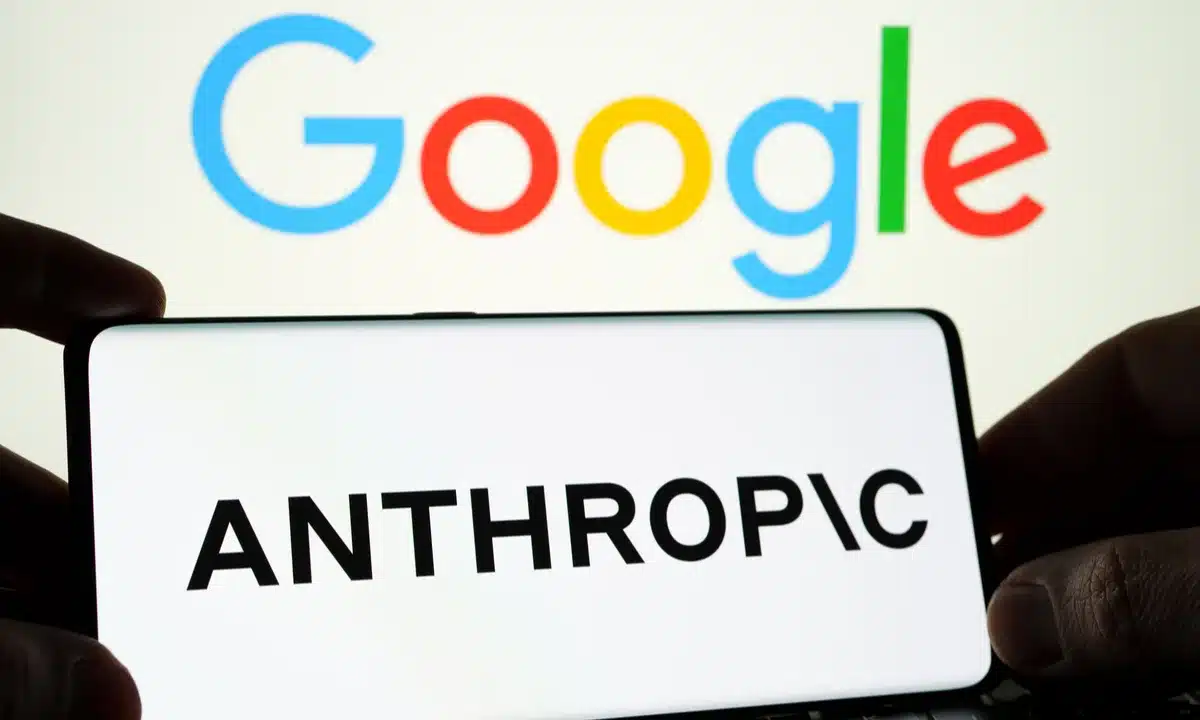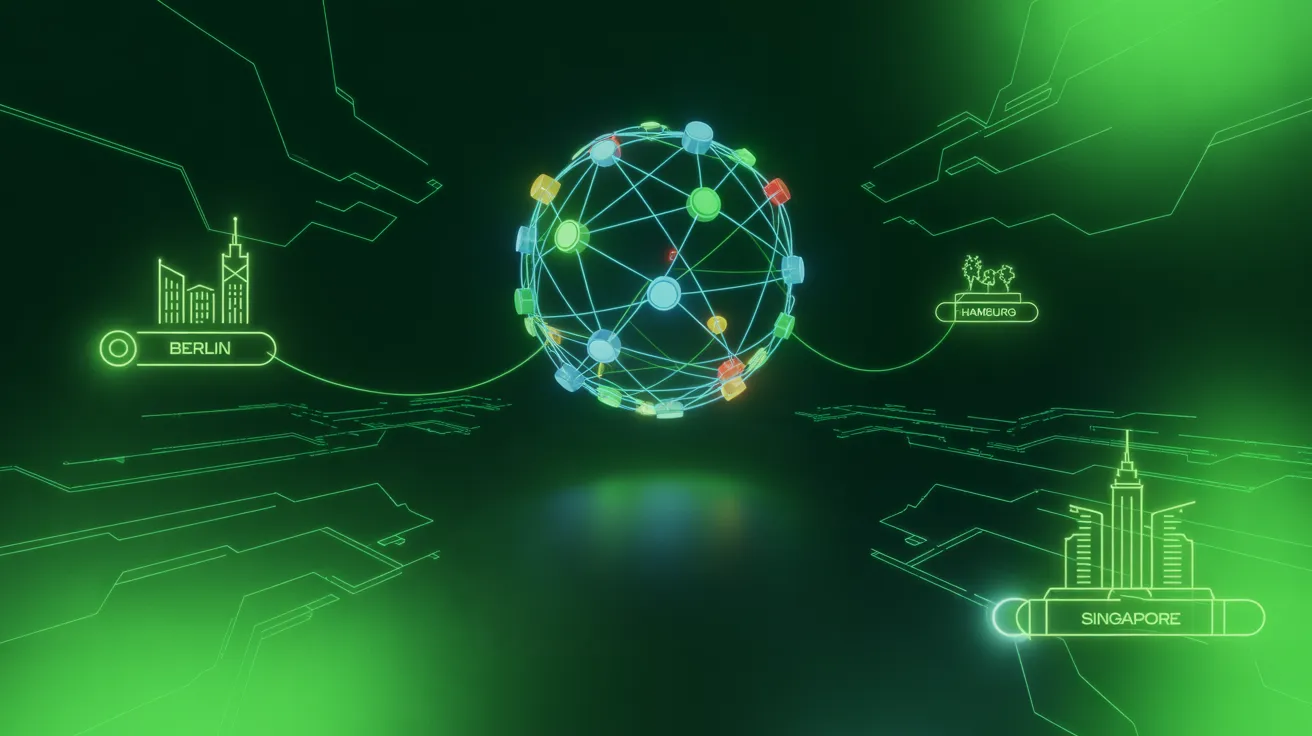On Tuesday, the UK’s competition watchdog announced that it is investigating Google’s partnership with the AI startup Anthropic, adding another layer of regulatory scrutiny to the significant investments pouring into the AI sector.
The Competition and Markets Authority (CMA) has opened a call for comments to determine whether the collaboration between Google and Anthropic has led to a “substantial lessening of competition” in the UK’s AI services market. The CMA is inviting feedback from “any interested party” until August 13, before deciding whether to launch a formal investigation.
San Francisco-based Anthropic was founded in 2021 by siblings Dario and Daniela Amodei, former employees of ChatGPT creator OpenAI. Anthropic has made a name for itself by focusing on the safety and reliability of AI models. Google reportedly agreed to invest billions in Anthropic last year.
The U.K. regulator’s scrutiny isn’t new to the tech giant. Amazon’s $4 billion investment in Anthropic has already been under the CMA’s lens. Additionally, the watchdog is investigating Microsoft’s multibillion-dollar partnership with OpenAI and Microsoft’s hiring of key staff from startup Inflection AI, amidst concerns these moves could stifle competition.
“We intend to cooperate fully with the CMA and provide a complete picture of Google’s investment and our commercial collaboration,” Anthropic said in a statement. “We remain an independent company, and none of our strategic partnerships or investor relationships compromise the independence of our corporate governance or our freedom to partner with others.”
Google, for its part, stated it “is committed to building the most open and innovative AI ecosystem in the world.” The tech giant emphasized that Anthropic, which leverages Google’s cloud computing services, “is free to use multiple cloud providers and does so, without any exclusive tech rights demanded by us.”
The Bigger Picture: AI Investments and Regulatory Concerns
The global AI industry has seen a tremendous surge in investments over the past few years, driven by rapid advancements in machine learning and deep learning technologies. These investments aren’t just limited to financial backing but also include strategic partnerships, talent acquisitions, and technological collaborations aimed at gaining a competitive edge in the ever-evolving AI market.
However, this influx of capital and partnerships has not gone unnoticed by regulatory bodies worldwide. The CMA’s scrutiny of the Google-Anthropic partnership is part of a larger trend where regulators are increasingly wary of the monopolistic tendencies of tech giants. The concern is that these substantial investments could lead to a consolidation of power, where a few key players control the majority of AI advancements and applications, potentially stifling innovation and limiting consumer choice.
Google’s Strategic Moves in AI
Google’s investment in Anthropic underscores its strategic interest in securing a foothold in the next generation of AI technologies. By partnering with Anthropic, Google gains access to cutting-edge research and development in AI safety and reliability—areas that are becoming increasingly critical as AI systems are deployed in more sensitive and high-stakes environments.
Google’s AI ambitions are vast and multifaceted. The company has been integrating AI into its core products, such as search, advertising, and cloud computing, to enhance functionality and user experience. Its AI research division, Google Brain, and its subsidiary, DeepMind, are at the forefront of pioneering research that seeks to push the boundaries of what AI can achieve.
The Role of Anthropic in the AI Landscape
Anthropic, although a relatively new player in the AI field, has quickly established itself as a significant contributor to AI safety research. The company’s founders, Dario and Daniela Amodei, bring a wealth of experience from their time at OpenAI, where they were involved in developing some of the most advanced language models to date.
Anthropic’s focus on creating safer and more reliable AI systems addresses one of the critical challenges in the field—ensuring that AI behaves as intended and does not pose unintended risks to society. This mission aligns well with regulatory efforts to ensure that AI technologies are developed and deployed responsibly.
Implications for the AI Ecosystem
The CMA’s investigation into Google’s partnership with Anthropic could have far-reaching implications for the AI ecosystem. If the regulator finds that the partnership does indeed lessen competition, it could result in measures to mitigate these effects, such as requiring Google and Anthropic to alter the terms of their collaboration or divest certain assets.
Such regulatory actions could set a precedent for how similar partnerships and investments are handled in the future. They could encourage other AI startups to seek diverse funding sources and partnerships to avoid potential antitrust issues. This, in turn, could lead to a more competitive and dynamic AI industry, where innovation thrives.
The Global Regulatory Environment
The CMA’s actions are reflective of a global trend where regulators are becoming more proactive in monitoring the activities of major tech companies. In the United States, the Federal Trade Commission (FTC) and the Department of Justice (DOJ) have been investigating various tech giants for potential antitrust violations. Similarly, the European Union has implemented stringent regulations, such as the General Data Protection Regulation (GDPR) and the Digital Markets Act (DMA), to curb the dominance of big tech companies.
These regulatory measures aim to ensure that the benefits of technological advancements are widely shared and that no single entity can exert undue influence over critical digital infrastructure and services. They also seek to protect consumer rights and promote a fair competitive environment.
Industry Reactions and Future Outlook
The AI industry is closely watching the CMA’s investigation into Google and Anthropic. Industry experts believe that while regulatory scrutiny can pose challenges, it also provides an opportunity for companies to demonstrate their commitment to ethical practices and transparency.
As AI continues to evolve, it will be crucial for stakeholders, including tech companies, regulators, and the broader public, to engage in ongoing dialogue about the responsible development and deployment of AI technologies. This collaborative approach will help ensure that AI is used to benefit society while mitigating potential risks.
In conclusion, the CMA’s investigation into Google’s partnership with Anthropic highlights the delicate balance between fostering innovation and ensuring fair competition in the rapidly growing AI industry. As the regulatory landscape continues to evolve, it will shape the future of AI development and the competitive dynamics of the tech sector.
Photo source: Gogle
By: Montel Kamau
Serrari Financial Analyst
31st July, 2024
Article, Financial and News Disclaimer
The Value of a Financial Advisor
While this article offers valuable insights, it is essential to recognize that personal finance can be highly complex and unique to each individual. A financial advisor provides professional expertise and personalized guidance to help you make well-informed decisions tailored to your specific circumstances and goals.
Beyond offering knowledge, a financial advisor serves as a trusted partner to help you stay disciplined, avoid common pitfalls, and remain focused on your long-term objectives. Their perspective and experience can complement your own efforts, enhancing your financial well-being and ensuring a more confident approach to managing your finances.
Disclaimer: This article is for informational purposes only and does not constitute financial advice. Readers are encouraged to consult a licensed financial advisor to obtain guidance specific to their financial situation.
Article and News Disclaimer
The information provided on www.serrarigroup.com is for general informational purposes only. While we strive to keep the information up to date and accurate, we make no representations or warranties of any kind, express or implied, about the completeness, accuracy, reliability, suitability, or availability with respect to the website or the information, products, services, or related graphics contained on the website for any purpose. Any reliance you place on such information is therefore strictly at your own risk.
www.serrarigroup.com is not responsible for any errors or omissions, or for the results obtained from the use of this information. All information on the website is provided on an as-is basis, with no guarantee of completeness, accuracy, timeliness, or of the results obtained from the use of this information, and without warranty of any kind, express or implied, including but not limited to warranties of performance, merchantability, and fitness for a particular purpose.
In no event will www.serrarigroup.com be liable to you or anyone else for any decision made or action taken in reliance on the information provided on the website or for any consequential, special, or similar damages, even if advised of the possibility of such damages.
The articles, news, and information presented on www.serrarigroup.com reflect the opinions of the respective authors and contributors and do not necessarily represent the views of the website or its management. Any views or opinions expressed are solely those of the individual authors and do not represent the website's views or opinions as a whole.
The content on www.serrarigroup.com may include links to external websites, which are provided for convenience and informational purposes only. We have no control over the nature, content, and availability of those sites. The inclusion of any links does not necessarily imply a recommendation or endorsement of the views expressed within them.
Every effort is made to keep the website up and running smoothly. However, www.serrarigroup.com takes no responsibility for, and will not be liable for, the website being temporarily unavailable due to technical issues beyond our control.
Please note that laws, regulations, and information can change rapidly, and we advise you to conduct further research and seek professional advice when necessary.
By using www.serrarigroup.com, you agree to this disclaimer and its terms. If you do not agree with this disclaimer, please do not use the website.
www.serrarigroup.com, reserves the right to update, modify, or remove any part of this disclaimer without prior notice. It is your responsibility to review this disclaimer periodically for changes.
Serrari Group 2025
















